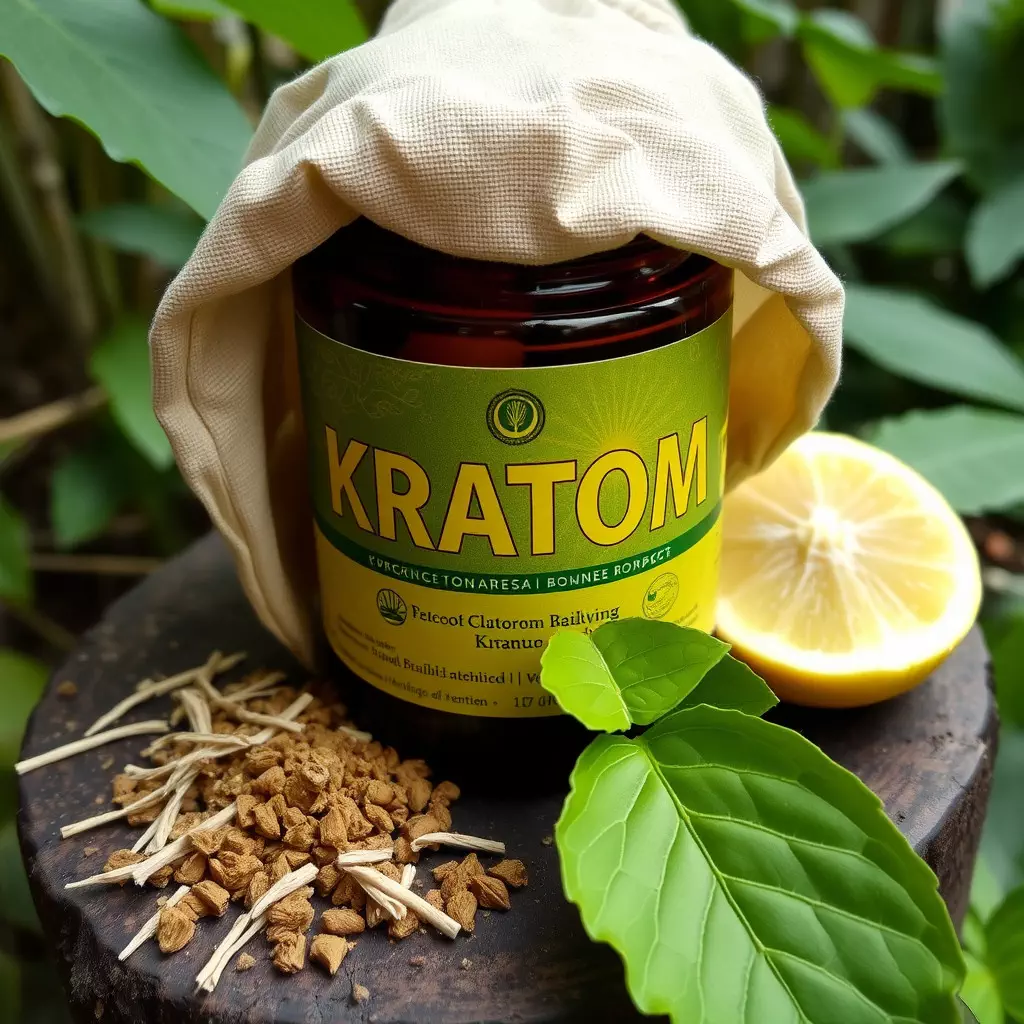As of 2023, kratom's legal status in Colorado is regulated but inconsistent across different municipalities. While it remains legal at the federal level under the Federal Analogue Act, its classification as a Schedule I controlled substance in Colorado imposes state-level restrictions on its sale, distribution, and possession. Athletes looking to use kratom for performance enhancement must be aware of these varying local laws and adhere to anti-doping policies set by sports governing bodies. The effects of kratom are mediated by alkaloids like mitragynine and 7-hydroxymitragynine, which interact with opioid receptors, potentially influencing energy levels and pain perception. However, the long-term effects of kratom use are not completely understood, and its detection in drug tests is subject to change. Athletes should proceed with caution, stay informed on legal updates, and seek professional medical advice before using kratom, given its ambiguous legal standing and the evolving nature of its regulation. Always check the current legality of kratom in Colorado for compliance with both state laws and athletic performance regulations.
Athletes across Colorado are continually seeking safe and effective methods to enhance their performance, with a growing interest in natural supplements like kratom. As an herbal substance gaining attention for its potential benefits, kratom’s legal status and impact on athletic prowess warrant careful examination within the state’s regulatory framework. This article delves into the complexities surrounding kratom’s legality in Colorado, scrutinizing its active compounds and their influence on athletic performance, while also weighing the scientific insights and personal experiences of athletes who have experimented with it. We will navigate through the risks and benefits associated with kratom use, providing a comprehensive analysis for those considering incorporating this supplement into their training routines. Understanding both the empirical evidence and the personal narratives, we aim to offer a balanced perspective on whether kratom is a viable and safe performance enhancer for athletes in Colorado.
- Understanding Kratom's Legal Status and Athletic Performance Enhancement in Colorado
- – Scope of kratom legality across the United States, with a focus on Colorado's regulations.
Understanding Kratom's Legal Status and Athletic Performance Enhancement in Colorado

Kratom, a plant native to Southeast Asia, has garnered attention within the athletic community for its potential to enhance performance, primarily due to its stimulant and analgesic effects. In Colorado, as with many other states, the legal status of kratom is subject to ongoing regulation and interpretation. As of the current knowledge cutoff in 2023, kratom is legal at the federal level, and in Colorado, it exists in a gray area. The state has not explicitly banned kratom but has also not regulated it, which means its sale and use are neither endorsed nor prohibited by state law. This legal ambiguity necessitates caution for athletes considering its use, as the regulations can vary from one municipality to another within Colorado. It’s crucial for athletes to stay informed about local ordinances, as some cities or counties may have restrictions in place that differ from the state’s stance.
For those interested in kratom for athletic performance enhancement, it’s important to understand both its potential benefits and risks. Kratom contains alkaloids such as mitragynine and 7-hydroxymitragynine, which can affect the body’s opioid receptors and influence energy levels and pain perception. While some athletes report improved endurance and reduced fatigue, the long-term effects of kratom consumption remain largely unstudied. Additionally, the substance’s interaction with performance-enhancing drug (PED) policies can be complex; while not currently on the World Anti-Doping Agency (WADA) prohibited list, kratom’s status may change, and its detection in drug tests is becoming more reliable. Athletes considering kratom should weigh these factors carefully and consult with healthcare professionals or sports science experts before integrating it into their training regimen.

Kratom, a tropical evergreen tree native to Southeast Asia, has garnered attention in various circles, including those focused on athletic performance enhancement. As athletes seek ways to improve their training and competitive outcomes, some have turned to kratom due to its purported effects on energy, stamina, and pain relief. In the context of legal considerations, it’s relevant to note the status of kratom in Colorado. Is kratom legal in Colorado? As of the knowledge cutoff date, kratom is not explicitly illegal at the federal level, and within Colorado state lines, it remains a gray area. While some states have taken a stance either for or against its use, Colorado has not enacted specific legislation criminalizing the substance, placing it in a complex regulatory landscape. Athletes interested in incorporating kratom into their regimen should be aware of the evolving legal status of this compound and consult local laws, as interpretations and enforcement can vary by jurisdiction within the state.
The use of kratom for athletic performance enhancement is an area of interest that combines the pursuit of physical excellence with the exploration of alternative supplements. Proponents suggest that specific alkaloids found in kratom leaves may offer benefits such as increased alertness, reduced fatigue, and improved mood, all of which could potentially contribute to better athletic performance. However, it’s crucial for athletes to approach this topic with caution. The scientific research on kratom is still emerging, and its long-term effects on health and performance are not fully understood. Additionally, the variability in product quality and purity further complicates the matter. Athletes considering kratom as part of their performance regimen should do so under the guidance of a healthcare professional, with careful attention to dosing, and within the bounds of both state and local laws regarding its use.
– Scope of kratom legality across the United States, with a focus on Colorado's regulations.

Kratom, a plant from Southeast Asia, has gained attention for its potential effects on athletic performance enhancement due to its stimulant and analgesic properties. However, the legal status of kratom varies across the United States, influencing how it can be used by athletes looking to improve their performance. As of the knowledge cutoff in 2023, kratom is a controlled substance under the Federal Analogue Act, which means it’s effectively illegal at the federal level, despite no formal classification as a Controlled Dangerous Substance (CDS). This complex legal framework has led to a patchwork of regulations across different states.
In Colorado, the regulatory stance on kratom is defined by state law. It’s important for consumers and athletes to note that as of the latest updates, kratom is legal in Colorado with certain restrictions. The Colorado Department of Public Health and Environment has classified kratom as a Schedule I controlled substance, aligning with the federal regulations. This classification imposes strict controls on its sale, distribution, and possession, requiring vendors to adhere to state-specific guidelines to legally offer kratom products. Athletes considering the use of kratom should be aware of these regulations and consult with sports governing bodies to ensure compliance with anti-doping policies. It’s essential to stay informed as legal statuses can change, and kratom remains a subject of intense debate and regulation revisions. Always verify the current legal status of kratom in Colorado or any other state before use, especially within athletic contexts where performance enhancement and compliance with rules are paramount.
In conclusion, the exploration of kratom’s role in athletic performance enhancement within the context of Colorado’s regulatory framework underscores the complexity surrounding its legal status and potential impact on sports. As outlined, kratom’s legality varies across the United States, with specific considerations for Colorado residents and athletes. It is imperative for individuals engaged in athletics to remain informed about the evolving legal landscape of kratom to ensure compliance with state laws. While the potential benefits of kratom for performance enhancement are subject to further research, its current status as a controlled substance in Colorado necessitates careful consideration by athletes and sports organizations alike. As such, any use of kratom should be approached with caution, due diligence, and under appropriate medical supervision.






